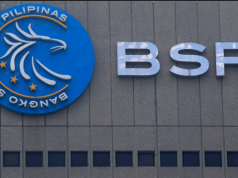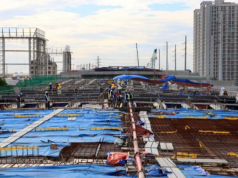
MANILA – Investments flowing into the Philippines could slow down with the passage of Package 2 of the Tax Reform for Acceleration and Inclusion (TRAIN) which the Department of Finance hopes to clinch this year, according to BMI Research.
In a report, the research arm of the credit rating agency Fitch Group said that despite passage of the TRAIN 2 package — which seeks to reduce corporate income tax while balancing this with the streamlining of the tax incentives given to certain industries — the Philippines will still have one of the highest rates of corporate income tax in the Philippines.
BMI said the situation won’t be helped either by the fact that one of TRAIN 2’s objectives is to reduce the tax incentives that the Philippines currently gives to investors, as it seeks to rationalize and limit such perks, observed to have been unduly generous in many cases.
According to BMI Research, Manila will be at a disadvantage for drawing in FDIs with the tax reform package 2, at a time when its neighbors are competing hard to offer more measures to lure businesses.
“Despite the proposed corporate income tax cut, we note that the tax rates in the Philippines will still be one of the highest and least competitive in the region and the repealing tax incentive to investors will likely make it worse. This comes at a time when other countries in the region are trying to offer more tax incentives in order to attract foreign direct investments,” BMI said in the report it published.
The Department of Finance has submitted to Congress its proposals for the tax reform package 2. A key provision cuts corporate income tax to 25% from the current 30%.
Package 2 also aims to make the tax incentives “performance-based, targeted, transparent and time-bound,” supposedly to correct the over-generous incentives given to sectors that did not deserve them.
BMI said the key features of TRAIN 2 will add an element of uncertainty to doing business in the country.
“Not only that the tax reduction is conditional and dependent upon the government’s ability to reduce the cost of tax incentives — for every reduction in the cost of tax incentives by 0.15% of GDP, there will be a 1.0% reduction in corporate tax rate. Although the quid pro quo approach may be fiscally prudent, it creates more uncertainty for businesses,” said BMI.









